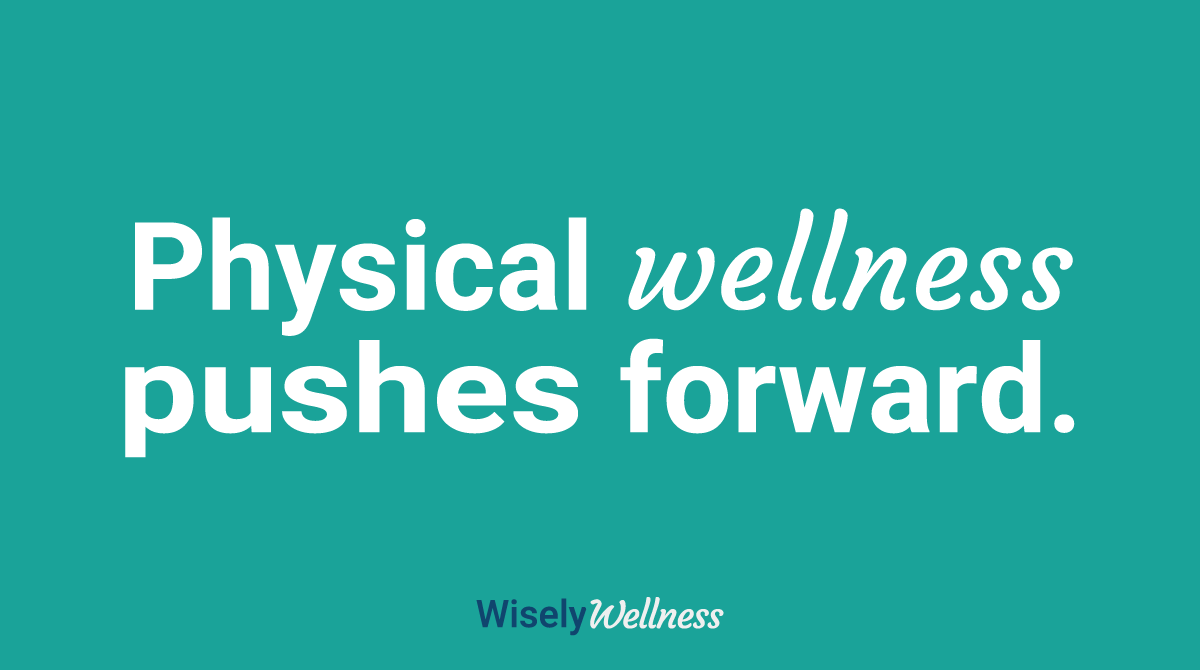- Your cart is empty
- Continue Shopping
The Impact Of Work-Life Balance on Corporate Wellness and Employee Well-being

The Impact Of Work-Life Balance on Corporate Wellness and Employee Well-being
Workplace wellness is a broad term that includes several dimensions and activities that make the workplace a better and happier place, which enables employees to perform at peak levels.
An essential part of your employees’ well-being that contributes enormously to your corporate wellness is employees’ work-life balance. Ignoring employees’ work-life balance and overworking them can lead to burnout, employee discontentment, and low levels of teamwork within your company which results in devastating effects on productivity and the workplace environment. On the other hand, if employees have the time to balance their work and personal lives, the productivity, moods, creativity and work atmosphere within your organization will reach great heights, and employees will usually tend to overperform.
Possible Implications of Overworking Employees
The concept of work-life balance encompasses more than just having the time for leisure activities but also feeling capable of utilizing that time without being exhausted or distracted by after-hours notifications. Physicians and medical professionals have noted the following:
- Those who work more than 10 hours a day are at a 60% higher risk of developing cardiovascular disease.
- Those who work more than 60 hours a week have a 23% higher chance of having an accident at the workplace.
- It is suggested that productivity starts to decline after 50 hours of work per week, and those putting in 65 hours are not generating more output than those who work 49 hours.
- 54% of companies that require long overtime hours have an absentee rate of over 9%, as opposed to only 23% of organizations that have an average amount of overtime.
Benefits Of Good Employee Work-Life Balance
On the other hand, businesses that commit to improving the work-life balance of employees are rewarded with various advantages such as:
- Heightened dedication from staff members
- Enhanced contentment in the workplace
- More employee involvement
- Enhanced work efficiency
- Lessened absences and resignations
The productivity of employees is amplified when they are happy in their job.
Can you recall a moment when you were exceptionally productive? Chances are, you were doing something that you thoroughly enjoy. When we are in our element, our work yields the best results.
If your business experiences an abnormal amount of absenteeism, you know how detrimental it can be to the organisation. Shockingly, mental health-related issues can cost the company five times more than absenteeism. When personnel are in a poor mental condition, they are not able to accomplish their duties. Many employees claimed that they had seen presenteeism at their workplace.
Presenteeism is defined as “The lost productivity that occurs when employees are not fully functioning in the workplace because of an illness, injury, or other condition”.
Presenteeism and Absenteeism are highly connected to employee satisfaction which is a direct outcome of their work-life balance.
On the other hand, staff members who are highly engaged with their work are 20% more productive.

 Egypt
Egypt  UAE
UAE KSA
KSA


